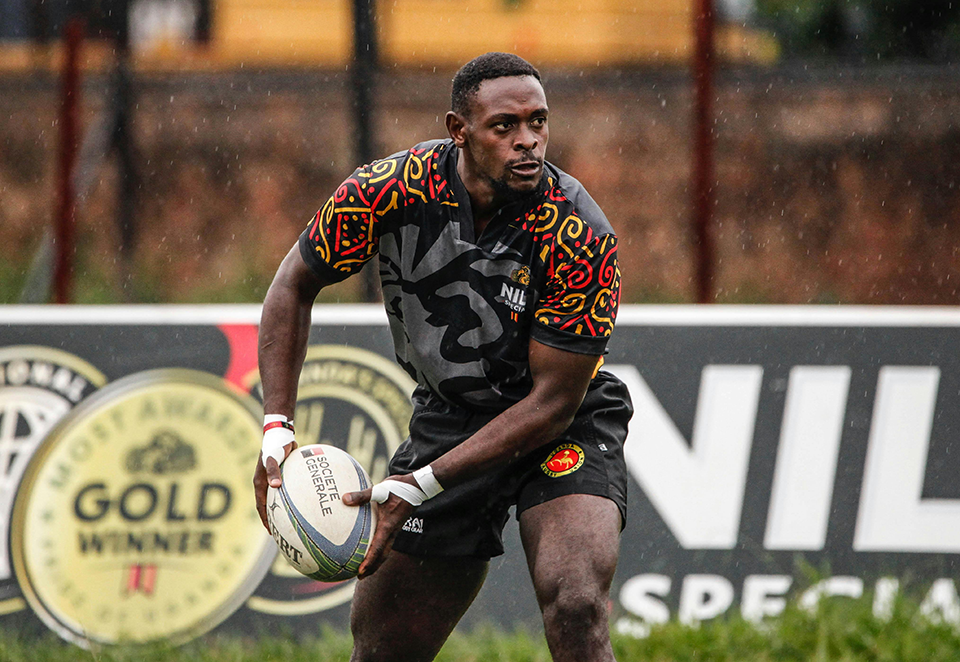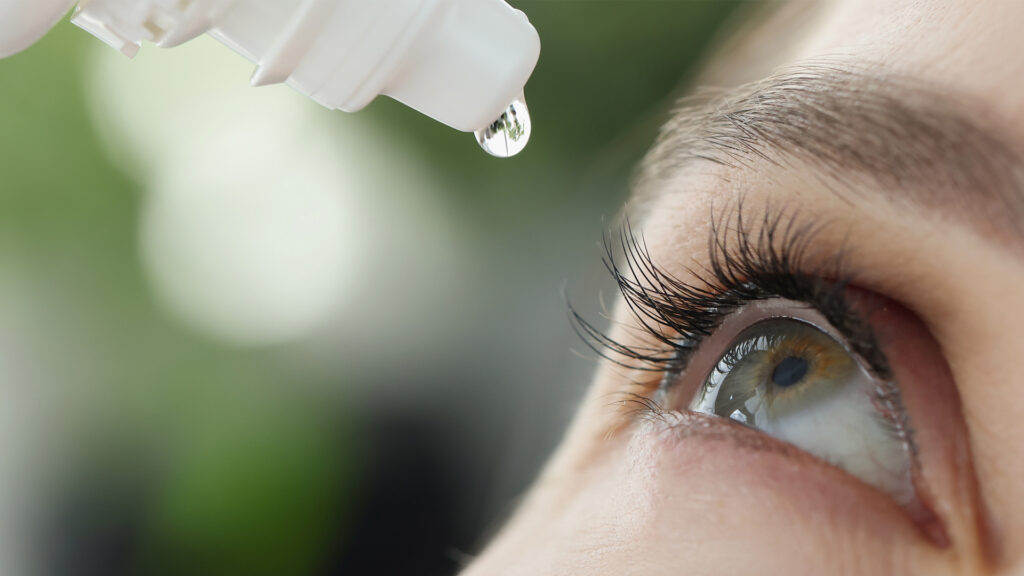At Rawlings, we help you find the perfect contact lenses for your eyes and lifestyle. Whether you’re a first-time wearer or an experienced user looking for improved comfort or vision, we’re here to guide you.
We fit contact lenses for all ages, from childhood to the later years, and nearly every prescription is suitable for contact lenses – ask us for advice. Soft, rigid gas permeable and Ortho-K overnight lenses are available across Hampshire and Surrey branches.


After an eye exam for contact lenses, our qualified Optometrists will assess your eye health and visual needs to recommend the most suitable lenses — from daily disposables to options for astigmatism, varifocals, or reading. As independent opticians, we have access to a wide range of contact lens brands and the latest materials and technology.
We’re proud to be:
This recognition gives us early access to the newest innovations in contact lenses.
Say goodbye to reading glasses. Our contact lenses for near vision are available in:
Even children under 10 can wear contact lenses, depending on maturity. They’re a great option for sports or active lifestyles — and changing prescriptions are easily kept up with as disposable lenses are the best choice for children.
Comfortable and flexible, ideal for sports, with options for distance, reading, and astigmatism.
Convenient and healthy, replaced regularly to ensure cleanliness.
Fresh, sterile lenses every day, perfect for occasional wear or specific activities.
Worn overnight to reshape the eye for clear vision during the day, also used for myopia management.
Provide clear vision and are easy to care for after a short adjustment period.
After you’ve been fitted with lenses, regular aftercare appointments are essential. These check:
Appointments typically occur every 6–12 months, separate from routine eye tests. A microscope is used to ensure the lenses aren’t affecting your eye health. It’s also a legal requirement for continued contact lens purchases.

Our Vision Plan includes:
Not a member? Click here to view our aftercare prices.
Contact your nearest Rawlings branch to book a contact lens consultation.
Rawlings is a long-established independent business serving the communities of twelve towns in Hampshire and Surrey, where we have built a strong reputation for the quality of our professional expertise and service.
Rawlings & Sons (Opticians) Limited is registered in England and Wales No 02862381. Rawlings & Sons (Opticians) Limited are a credit broker and not a lender. We offer credit products from Mitsubishi HC Capital UK PLC trading as Novuna. Rawlings & Sons (Opticians) Limited is authorised and regulated by the Financial Conduct Authority FRN 990854. Credit subject to age and status. Finance is only available for audiology products The interest free plans which are repayable within 12 months and in no more than 12 instalments are not regulated by the Financial Conduct Authority. Unregulated plans are not covered by the Financial Ombudsman Service.
© Rawlings Opticians 2026 Contact | Privacy Policy | Feedback | FAQ | Complaints | Disclosure Statement | Cookies Policy
Contact | Privacy Policy | Feedback | FAQ | Complaints | Disclosure Statement | Cookies Policy
© Rawlings Opticians 2025